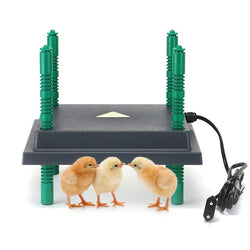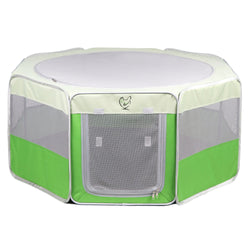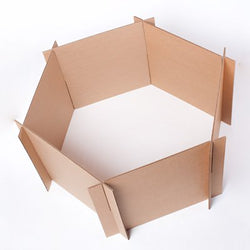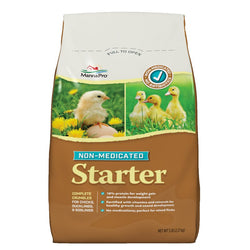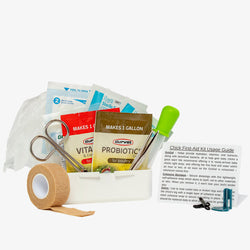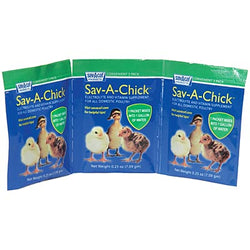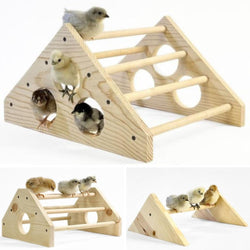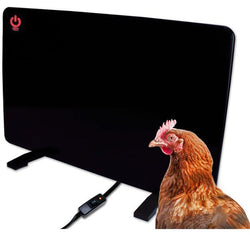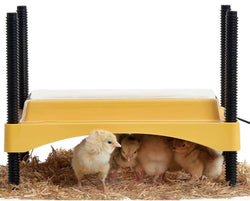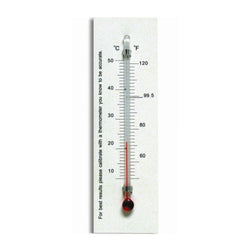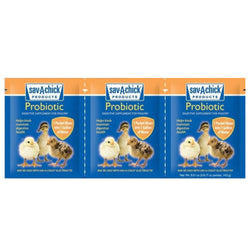Will a broody hen starve herself to death on the nest?
Back to blog
It's unlikely she'll starve, but even so, it's not unheard of for a hen to die on the nest. Remember, even when they're broody, they do get off the nest to eat and drink (often this happens at night, when you may not see it). After all, it wouldn't do momma hen or her chicks-to-be any good if she starves herself to death.
But her instincts are designed so that she gets broody for about 21 days, the amount of time it takes for her eggs to hatch. However, in a backyard setting, her eggs may not even be fertile---or she may not be sitting on any! That won't matter to her. So a stubborn broody hen in a backyard setting may set on her nest for far longer than she really should, when she doesn't have chicks after 21 days to snap her out of it. And while she IS getting up to eat and drink every day, she's still eating and drinking less than usual, for potentially way longer than usual. She'll lose more weight and condition than she should. And when broodiness goes on for an excessive period of time, it can really put hens at risk, because they'll be run down and less able to deal with any illnesses they're exposed to.
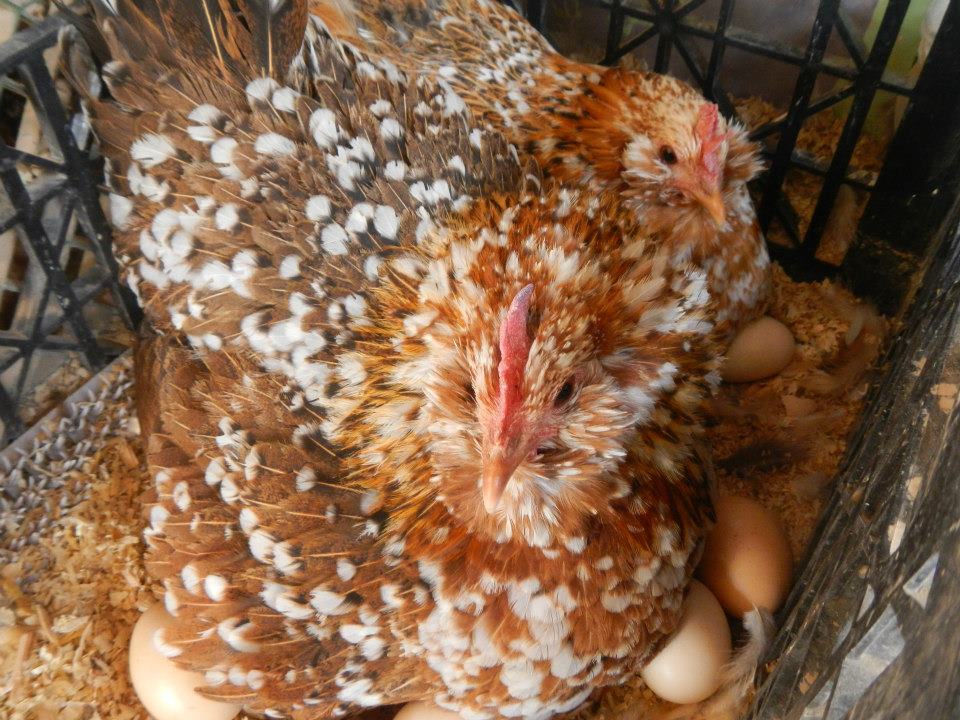
Another danger for broody hens: external parasites like mites and lice. When hens stay on the nest almost all the time, they're really vulnerable to these infestations. They're not dust bathing as much as they should to keep them off, and they're not out ranging and foraging, away from infested bedding material, roosts and nests. They sit on the nest and suffer, and they may even die. Any deficiencies can make it more difficult for them to fight off illness, too. Bad cases of mites or lice can even be fatal in themselves, much less with the added problem of being less well fed than normal, or of having been unable to fight off a respiratory infection.
There is also the problem that some coops can be excessively hot in summer. Well designed coops shouldn't have an excessive build up of heat in the beating sun--but they're not all designed well. Some are little boxes that wouldn't be much different than leaving your broody inside a car in the heat of day. Some broodies are potentially going to be in danger of heat exhaustion, as well.
So when you have a broody who has stubbornly been sitting a nest for more than 21 days, take extra care with her. Check her over for infestations--and treat her if you find any. You may also want to treat the nest, just as a precaution. Make sure the air quality is excellent, because she'll be breathing that air practically 24-7. Will she take treats from you? If so, you might offer her some high-fat, high-nutrition treats, to make sure she's getting not only enough calories, but also enough nutrients so that her immune system remains strong. Also make sure that the coop has sufficient ventilation so that it doesn't get too hot in the summer sun. In short, do everything in your power to make sure your broody hen has a comfortable, safe environment.
But her instincts are designed so that she gets broody for about 21 days, the amount of time it takes for her eggs to hatch. However, in a backyard setting, her eggs may not even be fertile---or she may not be sitting on any! That won't matter to her. So a stubborn broody hen in a backyard setting may set on her nest for far longer than she really should, when she doesn't have chicks after 21 days to snap her out of it. And while she IS getting up to eat and drink every day, she's still eating and drinking less than usual, for potentially way longer than usual. She'll lose more weight and condition than she should. And when broodiness goes on for an excessive period of time, it can really put hens at risk, because they'll be run down and less able to deal with any illnesses they're exposed to.

Another danger for broody hens: external parasites like mites and lice. When hens stay on the nest almost all the time, they're really vulnerable to these infestations. They're not dust bathing as much as they should to keep them off, and they're not out ranging and foraging, away from infested bedding material, roosts and nests. They sit on the nest and suffer, and they may even die. Any deficiencies can make it more difficult for them to fight off illness, too. Bad cases of mites or lice can even be fatal in themselves, much less with the added problem of being less well fed than normal, or of having been unable to fight off a respiratory infection.
There is also the problem that some coops can be excessively hot in summer. Well designed coops shouldn't have an excessive build up of heat in the beating sun--but they're not all designed well. Some are little boxes that wouldn't be much different than leaving your broody inside a car in the heat of day. Some broodies are potentially going to be in danger of heat exhaustion, as well.
So when you have a broody who has stubbornly been sitting a nest for more than 21 days, take extra care with her. Check her over for infestations--and treat her if you find any. You may also want to treat the nest, just as a precaution. Make sure the air quality is excellent, because she'll be breathing that air practically 24-7. Will she take treats from you? If so, you might offer her some high-fat, high-nutrition treats, to make sure she's getting not only enough calories, but also enough nutrients so that her immune system remains strong. Also make sure that the coop has sufficient ventilation so that it doesn't get too hot in the summer sun. In short, do everything in your power to make sure your broody hen has a comfortable, safe environment.
